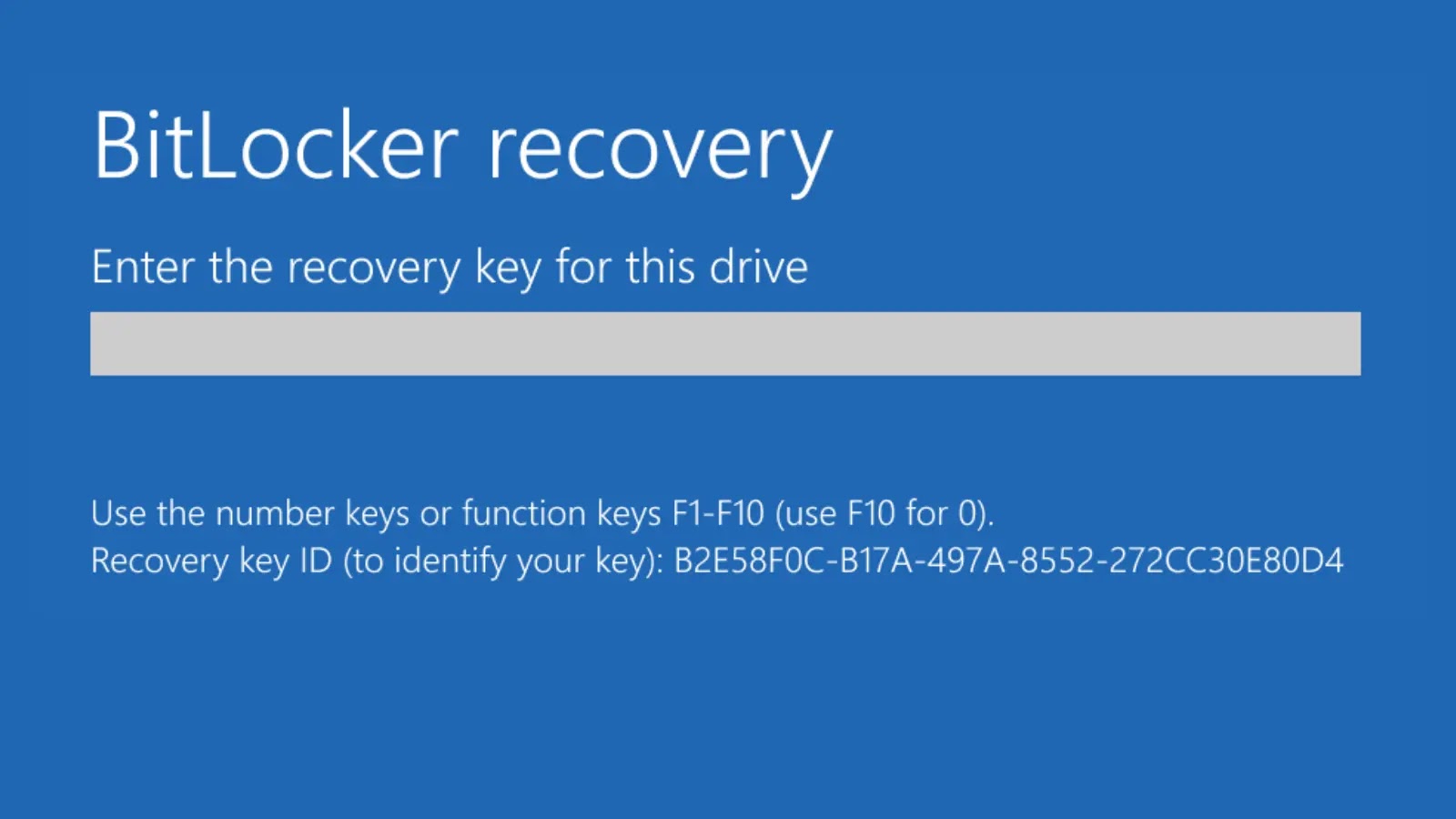Microsoft Alerts Users to BitLocker Recovery Prompts Post-October 2025 Updates
Microsoft has recently issued a critical advisory to Windows users regarding a potential issue that may cause certain devices to enter the BitLocker recovery screen after installing security updates released on or after October 14, 2025. This problem predominantly affects Intel-based systems that support Connected Standby, a feature designed to maintain network connectivity during low-power states.
Understanding the Issue
The core of the problem lies in the interaction between the recent security updates and BitLocker’s encryption mechanisms. While the exact root cause remains under investigation, the immediate effect is that affected devices prompt users to enter their BitLocker recovery key upon rebooting. Once the correct key is provided, the system resumes normal operation without further interruptions. It’s important to note that this issue does not compromise data security but can disrupt user workflows due to the unexpected recovery prompts.
Affected Systems and Updates
The issue impacts the following client platforms:
– Windows 11 Version 25H2: Associated with KB5066835
– Windows 11 Version 24H2: Also linked to KB5066835
– Windows 10 Version 22H2: Connected to KB5066791
Users can refer to Microsoft’s issue trackers—WI1183025 for Windows 11 25H2, WI1183026 for 24H2, and WI1183027 for Windows 10 22H2—available on the Windows Release Health portal for the latest updates.
Recommended Actions
Microsoft advises organizations experiencing this issue to implement a Known Issue Rollback (KIR) to mitigate the problem. This tool, detailed in Microsoft’s IT Pro blog, requires coordination with Microsoft Support for Business to deploy across the organization.
For individual users, it’s crucial to have BitLocker recovery keys readily accessible. These keys are typically stored in the user’s Microsoft account or were printed during the initial setup. Having the recovery key on hand can prevent extended downtime if the recovery prompt appears.
In the meantime, Microsoft recommends exercising caution before applying the October updates on devices that may be affected. For non-urgent systems, it may be prudent to delay the installation of these updates until a permanent fix is available.
Looking Ahead
Microsoft is actively investigating this issue and is committed to providing updates as the situation evolves. The company aims to deliver a permanent solution in future patches. Cybersecurity experts emphasize the importance of proactively backing up recovery keys, especially for enterprise environments that rely on BitLocker for compliance and data protection.



